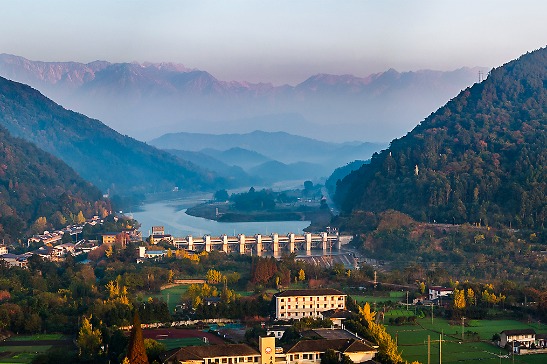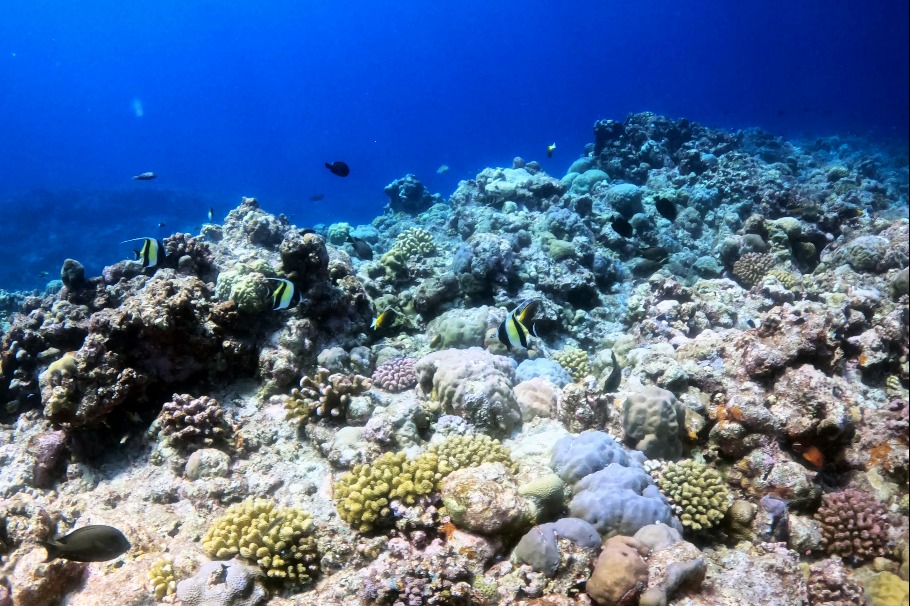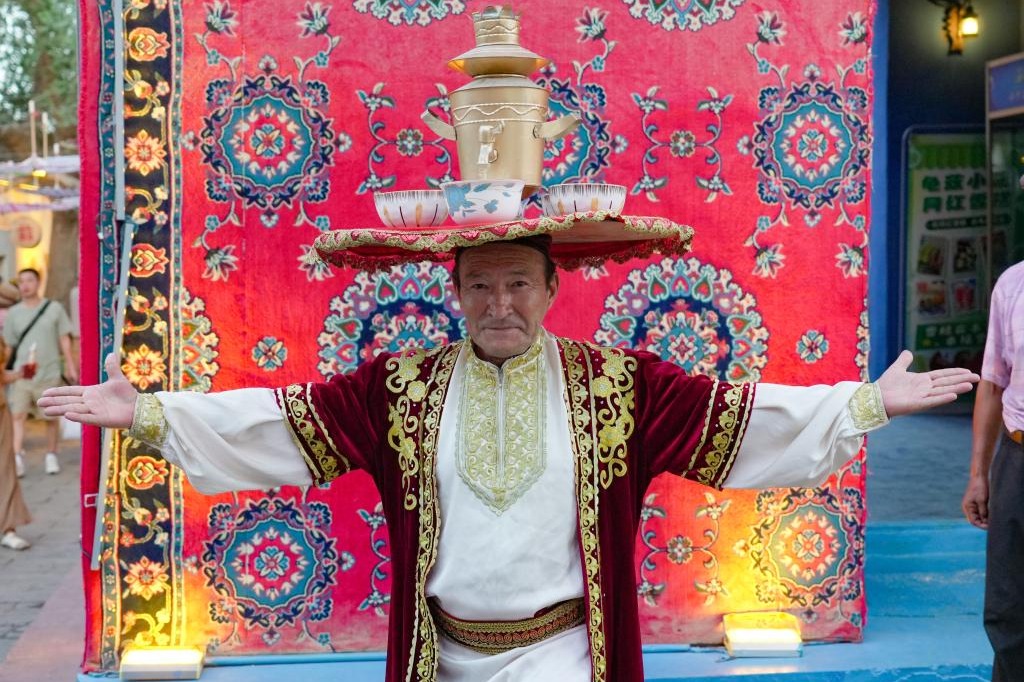Climate change hits the poorest hardest

An uncertain future
Tao and Lee rarely travel outside Sham Shui Po, mainly because they can't afford to.
Tao, who is originally from the Chinese mainland, does not have permanent residency in Hong Kong. She stays on a Visit Visa, which means she is not allowed to work in the city.
Lee slipped on a pair of new sneakers before heading to a community center run by the Society for Community Organization, an NGO that has provided the family with furniture, computer equipment, food and a refuge from the heat for several years.
"I cherish these sneakers. They cost more than HK$100," Lee said.
Tao bought the sneakers so Lee could spend the winter months playing basketball-h(huán)is favorite activity, but one he has to avoid during summer as a result of the extreme heat.
Tao is concerned that Lee has become physically debilitated by the hot summers.
She is also beset by other anxieties, such as whether he might be sick on other exam days, which could hamper his academic progress.
That fear casts a long shadow, because academic success for Lee could help him and his mother break out of the vicious cycle of poverty.
Tao's concerns may prove to be well-founded. In the years to come, the sun is likely to blaze even hotter, which would see Lee and Tao suffer further, along with 1.35 million other Hong Kong residents struggling to survive below the poverty line.
- From telex operator to global bridge builder
- Young UN trailblazers carving nation's path in world affairs
- CNS Fujian heads for South China Sea for scientific research tests, training missions
- Initiative draws swift support across globe
- Ten photos from across China: Sept 5 – Sept 11
- Easier tax refunds for intl tourists in Shanghai




































